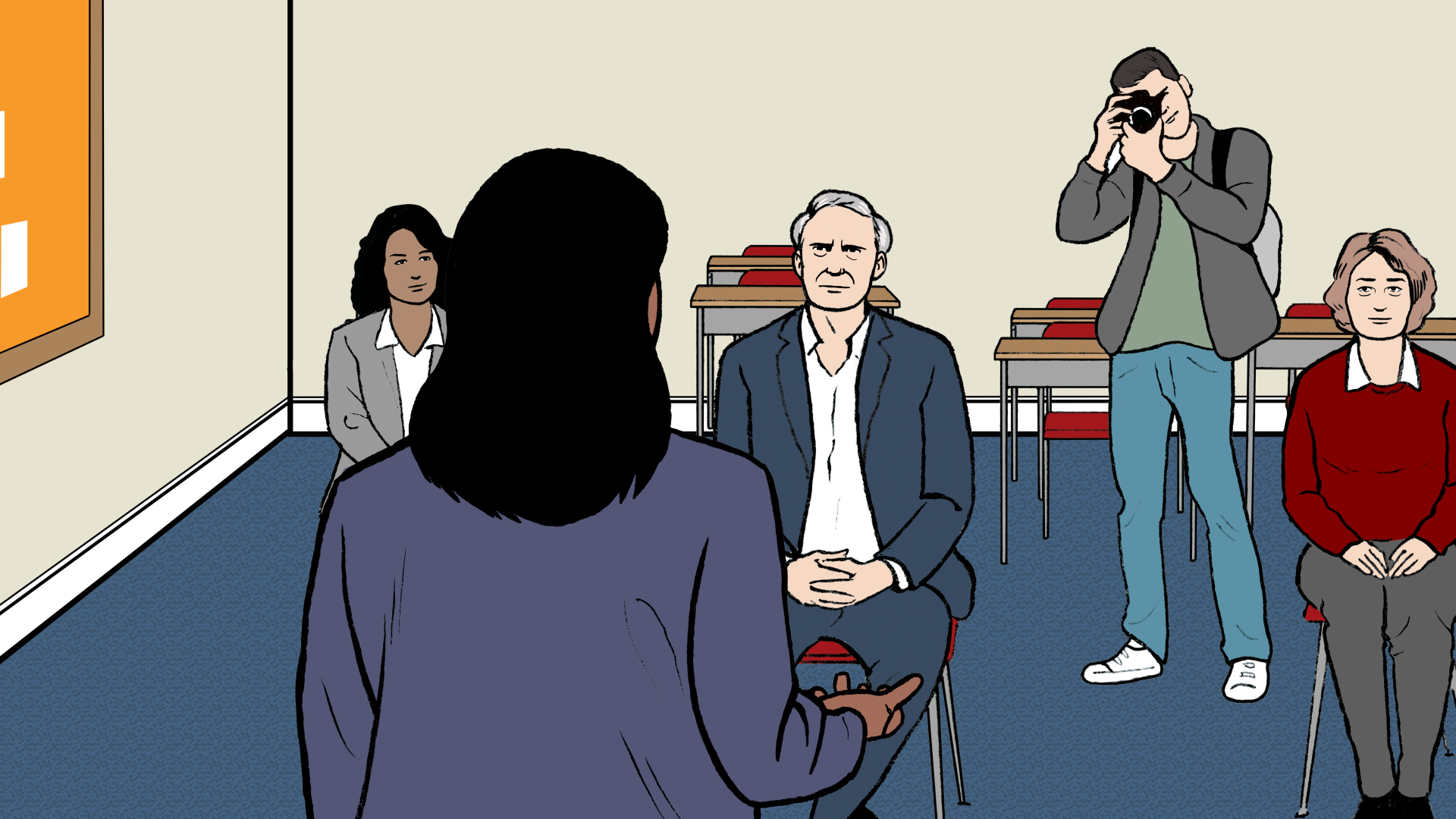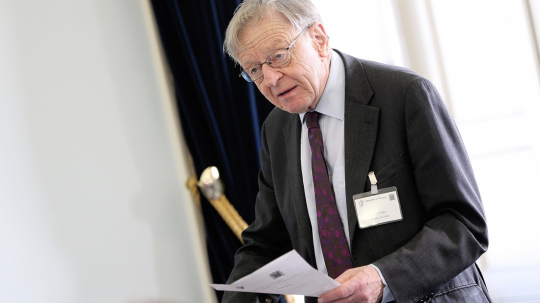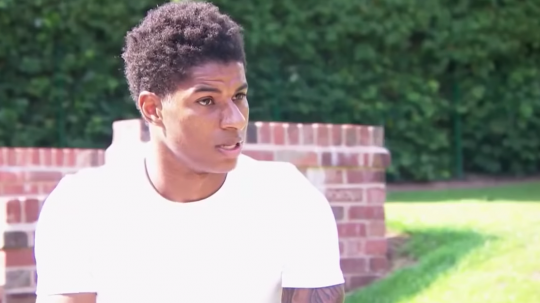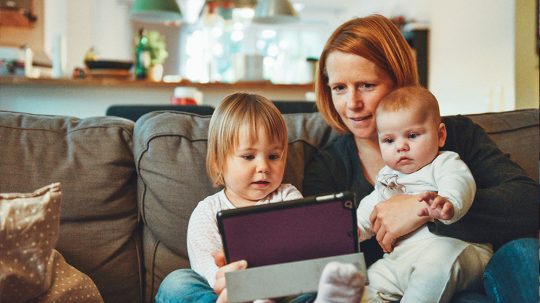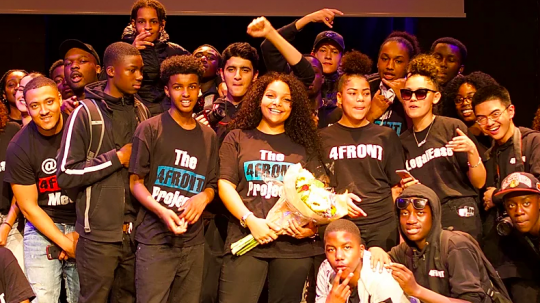“Solitary, poor, nasty, brutish, and short”. Those were the characteristics the UN’s former poverty envoy, Philip Alston, warned would come to define the lives of Britain’s least well off people following his 2018 visit to the UK.
Two years on – as the coronavirus cuts lives short, wreaks economic ruin, and keeps many of us largely within our homes – his warning may now read more like a prophecy.
Over two weeks spent working 14-hour days, Alston spoke to people affected by poverty across the UK’s four nations, as well as with academics, civil society representatives, and government officials.
Among those to have their voices heard were members of west London’s Bollo Brook Youth Centre, which serves some of the capital’s poorest and most vulnerable children.
“Our youth centre is in a portacabin. It’s surrounded by luxury flats … that go for millions [of pounds],” one member told the former special rapporteur, pointing out the area’s stark wealth disparities. “This is what young people have to look around [at] all the time.”
“I have been in a lot of temporary accommodation … ranging from actual housing, private renting, hostels and I’ve actually been homeless for a long period of time,” another added.
“Housing is the main source of stability for humans,” said a third. “So when stability is taken away or disrupted, it affects your mental health, it affects your social life, your education.”
On Monday 23 November, EachOther and the Equality Trust released an animated video to mark how young Britons affected by inequality made their voices heard. Artist Jon Sack created illustrations for this project in collaboration with EachOther’s creative director Dr Sarah Wishart.

